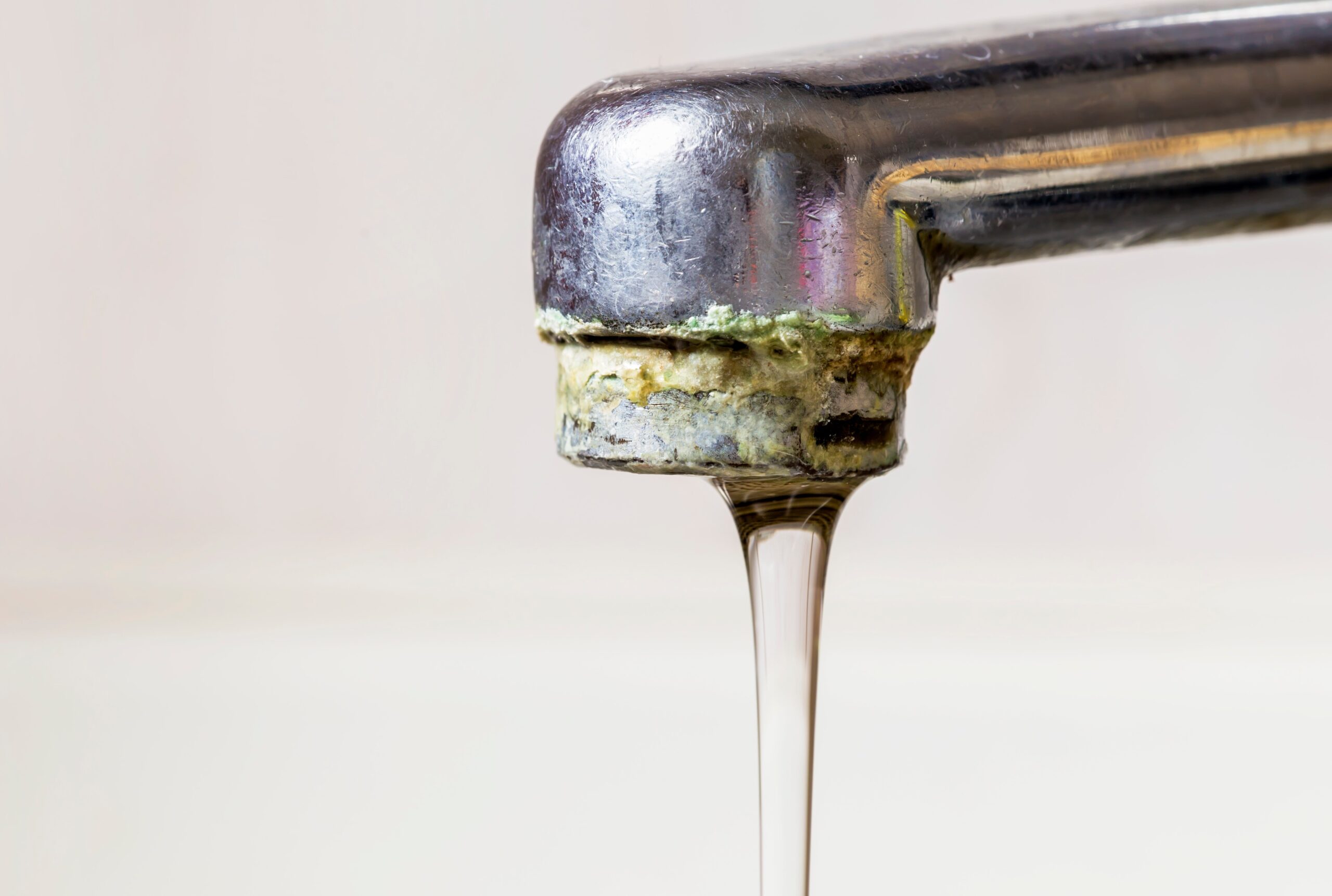Hard water is a common issue that most families face, and it can have different effects on daily activities, devices, and even personal hygiene. If you have tested positive for hard water in your area, knowing what causes it can help in dealing with the problem effectively.
Minerals in Solution
The major cause for hardness in water is minerals being dissolved within it where calcium and magnesium are the most common ones. These elements are found naturally occurring in earth’s crust; thus they get into underground sources as they pass through rocks or soil.
Limestone and Chalk Deposits
Regions having large amounts of limestone or chalk deposits tend to be more susceptible to having hard water supplies than others. When such mineral rich formations are passed by flowing waters, there occurs dissolution which leads to absorption by these fluids thereby increasing their levels of calcium and magnesium ions content.
Gypsum and Dolomite
Apart from limestone and chalk, water may also acquire minerals from gypsum and dolomite deposits. Gypsum contributes towards increased levels of calcium while dolomite adds both calcium as well as magnesium into aquatic systems.
Groundwater Sources
Water hardness greatly depends on its origin – whether it’s from surface sources like lakes/rivers or subterranean ones such as aquifers/wells etcetera Groundwaters (aquifers) usually contain higher quantities of dissolved solids hence making them harder compared to surface waters which have lower amounts due to dilution effect caused by continuous flow over land surfaces before getting collected into rivers/lakes etcetera.
Aquifers
Aquifers are underground layers made up permeable rock/soil through which groundwaters can move freely carrying with them different types of dissolved chemicals including those responsible for hardness. The longer this process takes place undergrounds, more minerals will be picked up hence increased hardness levels seen in such waters when accessed at points closer to surface areas like wells/boreholes where people draw their drinking supplies from.
Wells
The depth and geological composition around a well can greatly influence how hard or soft the water it produces is. Some wells tap into aquifers that contain large amounts of dissolved solids whereas others may be located in areas where rocks have little capacity to store such ions hence resulting in relatively softer wells waters.
Surface Water Sources
Although generally less hard than underground ones, surface waters can become hard too under certain circumstances:
Runoff from Mineral-Rich Soil
When rainwater flows over soil containing minerals like calcium carbonate which easily dissolves in acidic waters, then this runoff becomes softened due to reaction between acid raindrops and carbonates present but if there’s no rainfall for some time then subsequent runoff will carry more dissolved salts thus making such streams harder until they join other larger ones.
Industrial and Agricultural Pollution
Mineral pollutants from industries or farms may find their way into lakes/rivers thereby causing high levels of water hardness especially when these activities are conducted near them.
Water Treatment Processes
There are situations whereby municipal water treatment plants/private well owners’ adopted procedures can contribute towards increasing the hardness of supplied water unintentionally.
Ion Exchange Softening
Ion exchange resin beds used for removing hardness from water might release excessive quantities of mineral ions back if not properly managed/maintained by regularly checking regeneration/cleaning schedules etcetera so as to prevent clogging which could lead to backwashing failure thereby ending up with harder outputted liquid again.
Chemical Treatment
Certain chemicals applied during purification process at various points within WTPs (Water Purification Plants) could also add on total hardness therefore should be handled with care by monitoring dosing rates closely alongside other important factors like pH levels etcetera.
Precautionary Measures
To deal with hard water problem effectively one needs to know what causes it and take appropriate preventive actions. Some of them include:
- Installation of a water softener system
- Use of filtration systems for treating drinking supplies
- Regular maintenance and servicing of treatment equipments
- Exploring alternative sources where feasible
By identifying the root causes of hard water and implementing appropriate solutions, households as well as communities can benefit from having much softer manageable liquids.

